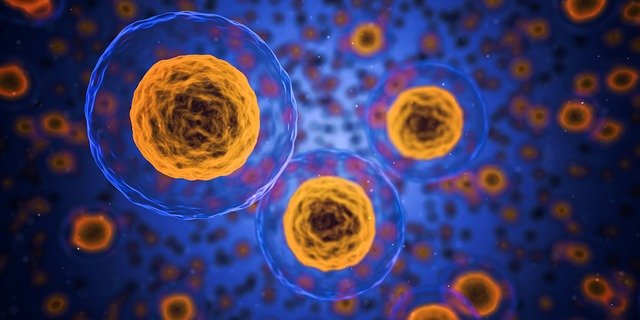Carbon monoxide, or CO, is an odourless, colourless gas that can cause sudden illness and death. Carbon monoxide poisoning occurs when carbon monoxide builds up in your bloodstream. When too much carbon monoxide is in the air, your body replaces the oxygen in your red blood cells with carbon monoxide. This can lead to serious tissue damage, or even death.
CO is found in fumes produced any time you burn fuel in cars or trucks, small engines, stoves, lanterns, grills, fireplaces, gas ranges, or furnaces. CO can build up indoors and poison people and animals who breathe it.
The most common symptoms of CO poisoning are:
- Headache
- Dizziness
- Nausea
- Weakness
- Shortness of Breath
Why is Carbon Monoxide Dangerous?
Carbon monoxide poisoning is caused by inhaling combustion fumes. When too much carbon monoxide is in the air you’re breathing, your body replaces the oxygen in your red blood cells with carbon monoxide.
How to Prevent Carbon Monoxide?
Fuel Burning Appliances
All fuel-burning appliances (e.g., gas water heaters, gas stoves, gas clothes dryers) should be checked professionally once a year or as recommended by the manufacturer.
Fireplaces & Woodstoves
Check to ensure the flue is open during operation. Proper use, inspection, and maintenance of vent-free fireplaces (and space heaters) are recommended.
Automobiles & Other Vehicles
Never leave an automobile running in the garage or other enclosed space; CO can accumulate even when a garage door is open.
Generators & other fuel-powered equipment
Follow the manufacturer’s recommendations when operating generators and other fuel-powered equipment.
Try to clean-up the exhaust system of your car and never run your car inside a garage or that is attached to a house even with the garage door open to avoid from the carbon monoxide poison. Carbon monoxide is especially dangerous for infants, pregnant women, and people with ailments such as asthma or heart disease. Smaller amounts of the fumes can hurt them.

